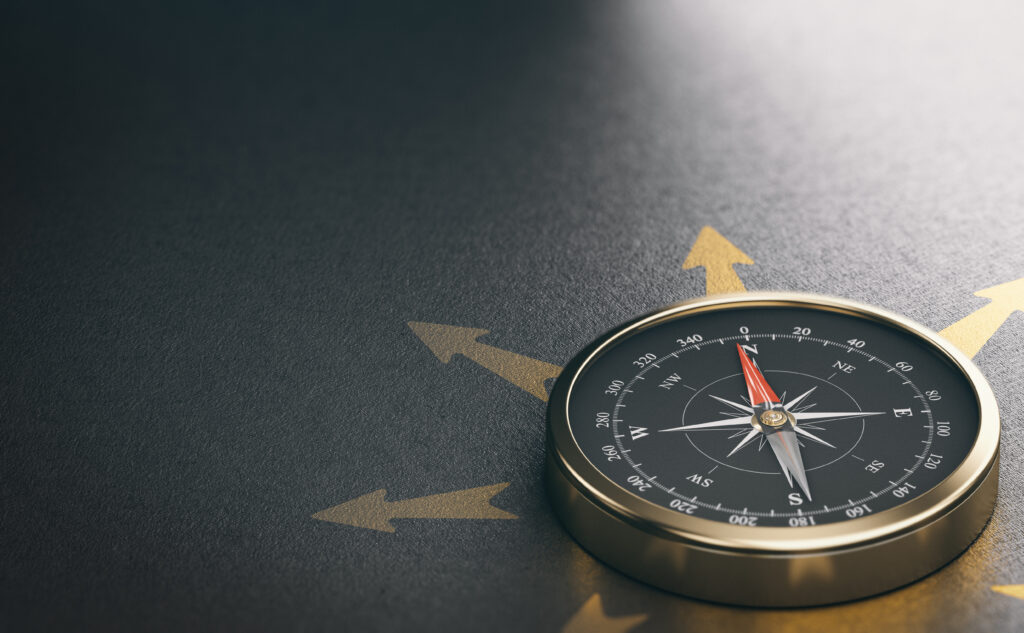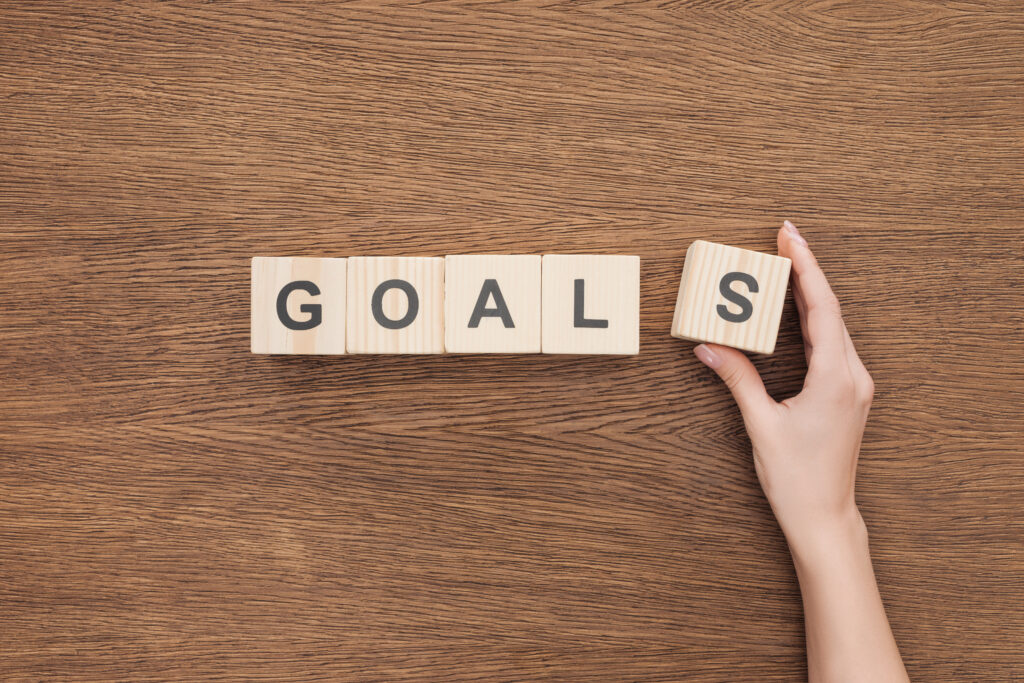The Importance of Reflection: Discovering Motivation by Looking Within
The hustle and bustle of daily life can easily distract us from taking a step back and looking within.
Reflection is an incredibly powerful tool for self-discovery and motivation, as it allows us to take a step back and assess our progress, successes, and failures.
In this blog post, we will explore the importance of reflection and how it can help us find the motivation to continue learning and growing. So let’s dive in!
The Power of Self-Assessment

It’s no secret that the road to success is paved with continuous learning and growth.
As we strive to reach our goals, it’s important to evaluate our progress and determine if we’re on the right track. One of the most effective tools for this is self-assessment.
Self-assessment involves looking at ourselves and our performance, identifying strengths and weaknesses, and evaluating how we can improve. This process requires honesty, reflection, and self-awareness. It can be uncomfortable to admit our shortcomings, but it’s essential for growth and progress.
The power of self-assessment lies in its ability to provide valuable insights into our habits, behaviors, and actions. By reflecting on our experiences and analyzing our performance, we can uncover patterns and identify areas where we can improve. We can also celebrate our successes and build on our strengths, further increasing our motivation and drive.
Moreover, self-assessment is a useful tool for enhancing self-awareness and identifying our core values. As we assess ourselves, we begin to understand what we truly care about and what motivates us. This awareness can guide us toward making better decisions and taking action in alignment with our values.
Benefits of Reflection in Personal and Professional Growth

Reflection is a crucial component of personal and professional growth. When we take the time to reflect on our experiences, we gain valuable insights that help us learn and grow.
Here are some benefits of reflection that can help you on your journey toward self-improvement:
- Improved self-awareness. Self-reflection allows you to gain a deeper understanding of your thoughts, emotions, and behaviors. You become more aware of your strengths and weaknesses, which enables you to focus on areas that need improvement.
- Better decision-making. Reflecting on past experiences also helps you make better decisions in the future. You can identify what worked and what didn’t, and use that information to guide your future actions.
- Increased motivation. Reflection helps you recognize your accomplishments and successes, no matter how small they may seem. This boosts your self-confidence and motivates you to continue making progress towards your goals.
- Enhanced problem-solving skills. By reflecting on past challenges, you also can identify the root cause of the problem and develop effective solutions for similar situations in the future.
- Improved relationships. Reflection also helps you better understand the people around you. By examining your interactions and reactions, you can improve your communication skills as well as build stronger relationships.
Overall, self-reflection is a powerful tool for personal and professional growth. It helps you understand yourself better, make better decisions, stay motivated, and improve your relationships. By taking the time to reflect regularly, you’ll be well on your way to becoming the best version of yourself.
Types of Self-Assessment and How to Implement Them

When it comes to self-assessment, there are several different types you can use to evaluate your progress, identify areas for improvement, and set new goals.
Here are a few common types of self-assessment and tips on how to implement them effectively:
Performance Self-Assessment
A performance self-assessment helps you evaluate your skills, strengths, and weaknesses in the workplace. You can conduct a performance self-assessment by reviewing your job responsibilities, goals, and accomplishments over the past year. To implement this type of self-assessment, set aside time to review your job description, gather feedback from colleagues, and identify areas for improvement. Use this information to create a plan for improving your performance as well as achieving your goals.
Personal Self-Assessment
A personal self-assessment focuses on your personal development and wellbeing. You can conduct a personal self-assessment by reflecting on your personal goals, values, and priorities. To implement this type of self-assessment, set aside time to reflect on your personal values, interests, and strengths. Use this information to identify areas where you want to grow and set new goals that align with your values and priorities.
Emotional Self-Assessment
An emotional self-assessment helps you evaluate your emotional well-being as well as identify areas where you need to improve your emotional intelligence. To implement this type of self-assessment, pay attention to your emotional reactions to different situations, and reflect on your feelings and reactions. Use this information to identify your emotional triggers and develop strategies for managing your emotions more effectively.
Learning Self-Assessment
A learning self-assessment helps you evaluate your learning style and identify strategies that work best for you. To implement this type of self-assessment, reflect on how you learn best, whether it’s through reading, hands-on experiences, or other methods. Use this information to develop a learning plan that aligns with your strengths and preferences.
By implementing self-assessment techniques, you can gain a deeper understanding of your strengths and weaknesses and develop a plan for continuous improvement. It’s essential to remember that self-assessment is not a one-time activity. You should also regularly review your progress, adjust your goals and strategies, and celebrate your successes along the way.
Setting Realistic Goals Based on Reflection

One of the key benefits of reflection is that it can help you identify areas for improvement and set realistic goals for yourself. By taking a step back and examining your strengths and weaknesses, you can gain valuable insights into where you need to focus your efforts in order to make progress.
To start setting goals based on your reflections, begin by asking yourself some key questions. What have you learned about yourself from your self-assessment? What skills or knowledge do you need to improve upon in order to achieve your desired outcomes? And what specific actions can you take to address these areas of growth?
Once you have a clear understanding of what you need to work on, it’s important to set realistic goals that are achievable but still challenging. Be specific about what you want to accomplish, and give yourself a clear timeline for achieving your goals. This will help you stay motivated and focused, even when the going gets tough.
Another important factor in setting goals based on reflection is to make them measurable. This means identifying specific criteria for success that you can track and monitor over time. By tracking your progress, you’ll be able to see how far you’ve come and adjust your approach if needed.
Finally, it’s important to remember that setting goals is just the first step. In order to make real progress, you need to take action and hold yourself accountable for your success. This means staying committed to your goals, tracking your progress, and making adjustments as needed along the way.
The Role of Accountability in Continuous Improvement

As we’ve discussed, self-reflection can be a powerful tool for personal and professional growth. However, reflection alone isn’t always enough to lead to sustained improvement. This is where accountability comes in.
Accountability can take many forms. It could mean sharing your goals with a friend or mentor who can provide support and encouragement. It could also mean setting up regular check-ins with yourself or someone else to evaluate progress towards your goals.
One effective way to increase accountability is to join a group or program focused on your specific area of growth. For example, if you’re working on improving your writing skills, joining a writing group or taking a writing class can provide you with both feedback and accountability.
Another key aspect of accountability is tracking your progress. Whether you use a journal, a spreadsheet, or an app, regularly documenting your efforts and successes can help keep you motivated and on track. Plus, looking back on how far you’ve come can provide a boost of confidence and inspiration to keep going.
Finally, accountability requires a mindset shift. It’s important to recognize that setbacks and failures are a natural part of the growth process and to view them as opportunities to learn and improve. With this growth-oriented mindset, accountability also becomes less about perfection and more about progress and continual learning.
Ready to sell your property? Give us a call today and learn more about our professional photography services and marketing that can boost your property listing!
Plus, explore our virtual assistant coaching program to level up your business. Don’t forget to tune into our new podcast for even more valuable insights!
